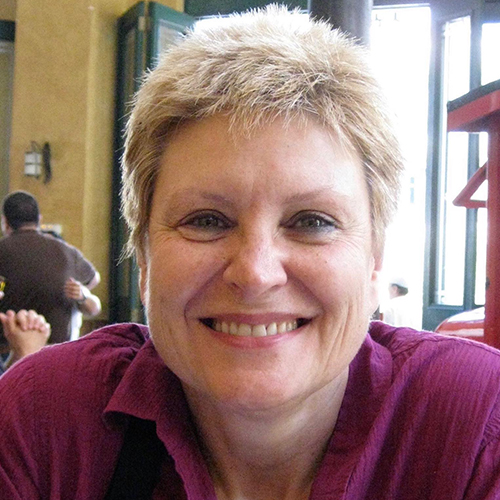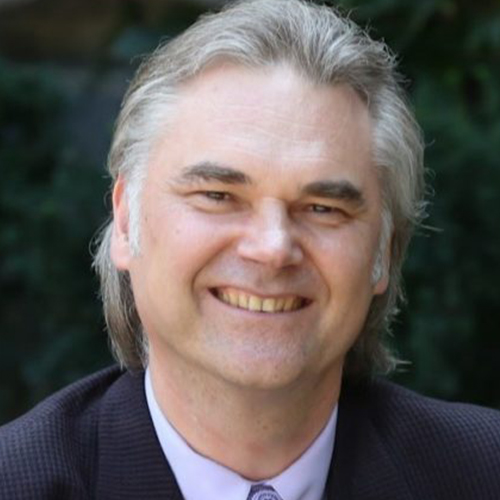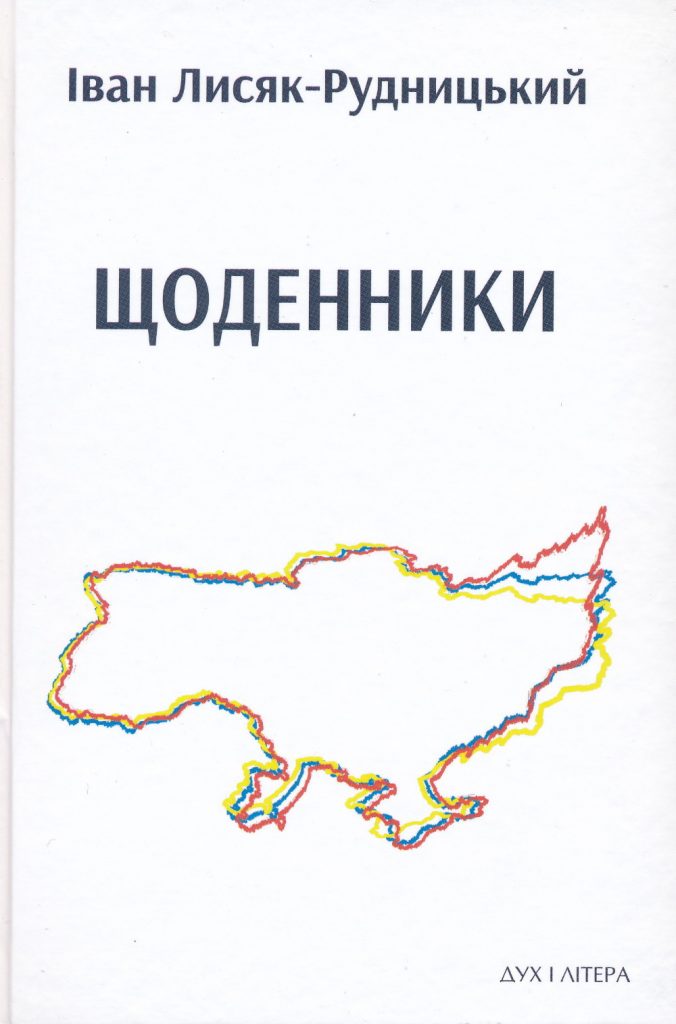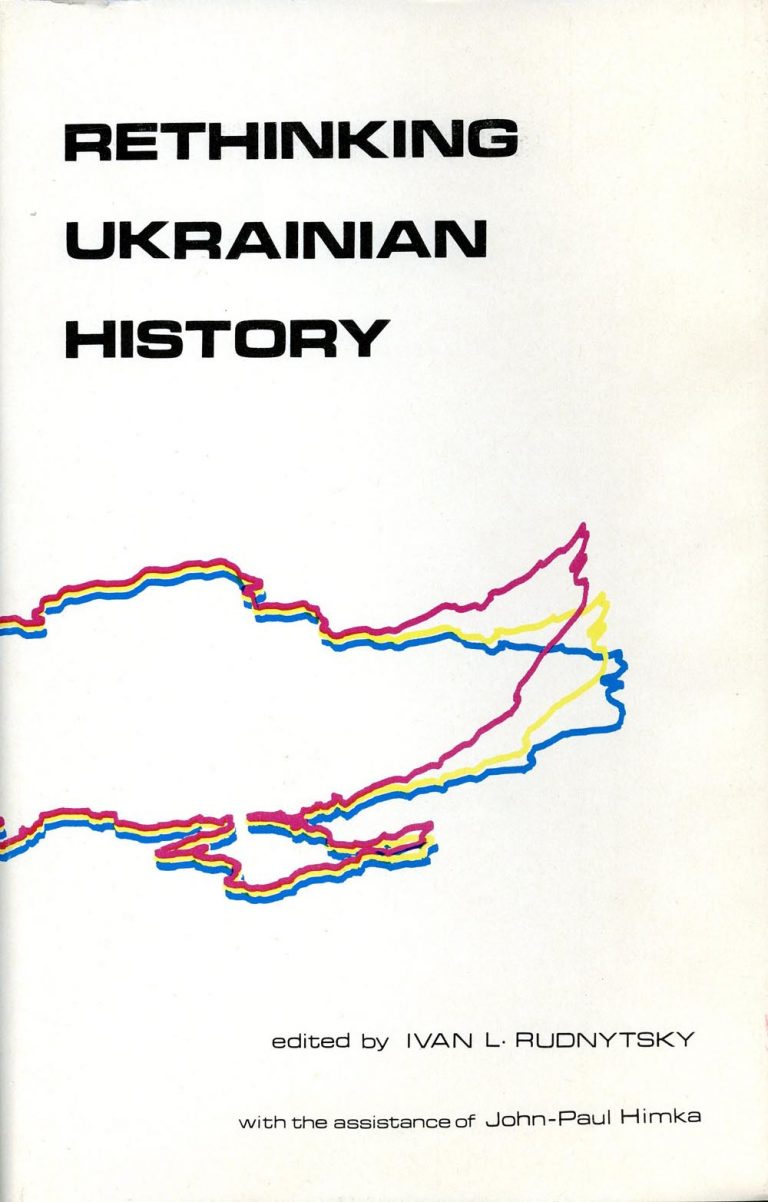Online Round-Table Discussion | The Builders of Ukrainian Studies in North America. The Generation of 1919: Omeljan Pritsak, George Luckyj, and Ivan Lysiak Rudnytsky | Monday, 29 June 2020 | 9:00 a.m. – 11:00 a.m. (Mountain Time)
17 June 2020

Born in the turbulent year of 1919 amidst the struggle of the Ukrainian and Polish armies over control of Western Ukraine, Omeljan Pritsak, Ivan Lysiak Rudnytsky, and George S.N. Luckyj would eventually settle in North America as post–World War II émigrés. There, all three exerted a significant impact—each in his own way—on academic life and, in particular, on the formation of the field of Ukrainian studies. This session will discuss the legacies of these three important Ukrainian and North American scholars.
Moderated by Olga Andriewsky, the online round-table discussion will be based on papers that were delivered by Frank Sysyn, Marko R. Stech, and Yaroslav Hrytsak at the 2019 annual convention of the Association for Slavic, East European, and Eurasian Studies in San Francisco (subsequently published in Ab Imperio).
OMELJAN PRITSAK
Omeljan Pritsak (1919–2006) was an eminent Orientalist and Turkologist and a professor at Harvard from 1964 until his retirement in 1989. He is chiefly known in Slavic studies for his role in establishing the chairs in Ukrainian studies and the Ukrainian Research Institute at Harvard University (HURI). Pritsak was one of the key individuals involved in obtaining the backing of the Ukrainian Studies Fund (est. 1957 in New York) and winning the Harvard administration’s approval to establish HURI, which set the course for the legitimization of Ukrainian studies in North America. Dr. Sysyn’s article outlines Pritsak’s vision of the new scholarly field, including its European antecedents, and examines how his vision and program developed in the Harvard academic environment.
Frank Sysyn, “Omeljan Pritsak and the Establishment of Ukrainian Studies at Harvard: The Vision and the Actuality,” Ab Imperio, no. 1 (2020). https://doi.org/10.1353/imp.2020.0008
GEORGE LUCKYJ
George Luckyj (1919–2001) was a prolific author of scholarly monographs on Ukrainian literature and organizer of Ukrainian literature studies at the University of Toronto. Marko R. Stech’s paper discusses, among other points, how Luckyj’s pioneering English-language studies of the historical evolution of Ukrainian literary culture in the nineteenth to the early twentieth century played a crucial role in the formation and legitimization of Ukrainian studies at North American universities.
Marko Robert Stech, “One of the Galician Cohort of 1919: George Luckyj's Contribution to Ukrainian Studies in North America,” Ab Imperio, no. 1 (2020). https://doi.org/10.1353/imp.2020.0007
IVAN LYSIAK RUDNYTSKY
Ivan Lysiak-Rudnytsky (1919–84) left a lasting intellectual legacy that has had a profound influence on current Ukrainian historical writing. His writings defined modern Ukrainian history and reconceived Ukrainian political thought. After WWII he pursued an academic career in the United States, then became a professor at the University of Alberta. Dr. Hrytsak’s article presents Rudnytsky’s biography, which was full of dramatic turns: partially of Jewish background, he was blackmailed by Ukrainian nationalists under the Nazis; in the US he was denounced during the MсСarthy era and denied a fellowship for lack of a security clearance by the CIA. His cause célèbre was a letter sent in 1967 to Brezhnev and other Soviet leaders, in which he and his colleagues called for the liberalization of politics in Soviet Ukraine. Although the letter was not answered, it resulted in an invitation to visit Ukraine in 1970. These episodes set the context for Hrytsak’s analysis of Rudnytsky’s vision of Ukrainian history.
Yaroslav Hrytsak, “Ivan L. Rudnytsky: Historian, Public Figure, and Political Thinker,” Ab Imperio, no. 1 (2020). https://doi.org/10.1353/imp.2020.0009
PANELLISTS

OLGA ANDRIEWSKY is an associate professor in the Department of History at Trent University (Peterborough, Ontario). She teaches and researches in the area of late Imperial Russian and Soviet history. She has published numerous articles on identity and politics in late Imperial Russia, including “The Making of the Generation of 1917: Towards a Collective Biography,” JUS 29 (2004). Her article “The Russian-Ukrainian Discourse and the Failure of the ‘Little Russian Solution’, 1782–1917” in Culture, Nation, Identity: The Ukrainian-Russian Encounter, 1600–1945 (2003) was awarded the AAUS prize for best academic article. She is also the author of “Towards a Decentered History: The Study of the Holodomor and Ukrainian Historiography” in Contextualizing the Holodomor (2015).

YAROSLAV HRYTSAK is a professor of history at the Ukrainian Catholic University (Lviv) and director of the Institute for Historical Research at the Ivan Franko National University of Lviv. He has taught at Columbia University, Harvard University, and the Central European University and has won international awards for academic achievement and public service. Hrytsak is the author of numerous publications on modern Ukrainian and East European history, including a bestselling historical biography of one of Ukraine’s greatest creative geniuses, now translated into English: Ivan Franko and His Community (2019).

MARKO ROBERT STECH is a writer and literary scholar specializing in twentieth-century Ukrainian literature. He is the executive director of CIUS Press and project manager of the Internet Encyclopedia of Ukraine Project and the Hrushevsky Translation Project at the CIUS. He is the producer the TV series Ochyma kultury (Eye on Culture), over one hundred segments presenting the history of Ukrainian culture for KONTAKT Ukrainian TV (OMNI TV) in Toronto. He is the author of an award-winning Ukrainian-language novel Holos (Voice; 2005) and collection of essays on such literary figures as Mykola Kulish, Eaghor G. Kostetzky, and Emma Andiievska (2016), as well as editor of anthologies of Ukrainian short prose and selected works by Kostetzky.

FRANK SYSYN is the director of the Peter Jacyk Centre for Ukrainian Historical Research at the Canadian Institute of Ukrainian Studies and editor-in-chief of CIUS’s Hrushevsky Translation Project. He is a co-editor of Culture, Nation and Identity: The Ukrainian-Russian Encounter, 1600–1945 (2003) and author of Between Poland and Ukraine: The Dilemma of Adam Kysil, 1600–1653 (1985) and Mykhailo Hrushevsky: Historian and National Awakener (2001). He graduated from Princeton University (1968), the University of London (1969), and Harvard University (PhD 1976), taught at Harvard University (1976–85), and was an associate director of the Harvard Ukrainian Research Institute (1985–88). He served as acting director of CIUS in 1991–93 and currently serves as head of its Toronto office.
Event Inquiries:
Oleksandr Pankieiev, Ph.D.
Research Coordinator, Canadian Institute of Ukraine Studies
Cell: 587.590.2902
|
|
 |
Rethinking Ukrainian History$19.95 |
Щоденники$49.95 |
